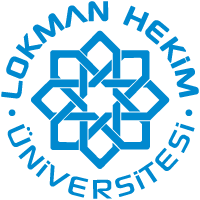| dc.description.abstract | Background: Sphingosine kinase (SphK) 1 has been reported as an
important signaling node in anti-apoptotic signaling. Heparin is a
pleiotropic drug that antagonizes many pathophysiological mechanisms. In
this study, we evaluated if heparin prevents early brain injury (EBI)
after subarachnoid hemorrhage (SAH) by anti-apoptotic mechanisms
including SphK1.
Methods: SAH was induced by endovascular perforation in mice, which were
randomly assigned to sham-operated (n = 23), SAH + vehicle (n = 36), SAH
+ 10U heparin pretreatment (n = 13), SAH + 30U heparin pretreatment (n =
15), SAH + 10U heparin posttreatment (n = 31), and SAH + 30U heparin
posttreatment (n = 23). At 24 hours post-SAH, neurological scores, brain
water content and Evans blue extravasation were evaluated. Also, the
expression of SphK, phosphorylated Akt, and cleaved caspase-3 was
determined by Western blotting, and cell death was examined by terminal
deoxynucleotidyl transferase-mediated uridine 5'-triphosphate-biotin
nick end-labeling staining.
Results: Low-dose heparin posttreatment improved neurobehavioral
function, brain edema, blood-brain barrier disruption and cell death in
the cortex, associated with an increase in SphK1 and phosphorylated Akt,
and a decrease in cleaved caspase-3. High-dose heparin had a tendency
for increased SAH severity, which obscured the neuroprotective effects
by heparin.
Conclusions: Low-dose heparin posttreatment may decrease the development
of post-SAH EBI through anti-apoptotic mechanisms including
sphingosine-related pathway activation. | |














